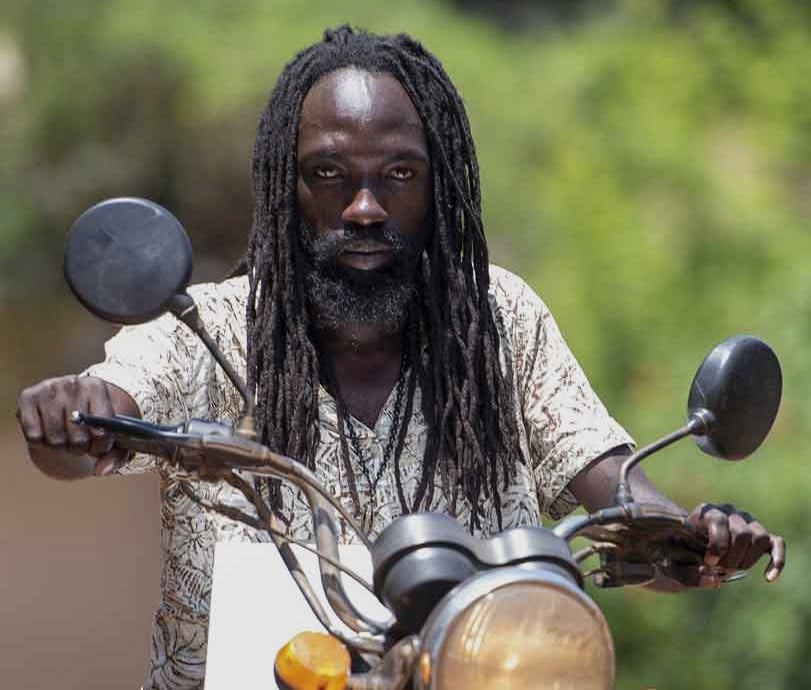Don’t discriminate against those with dreadlocks

Mr Ivan Lubulwa, also referred to as Dogota, works as a boda boda rider, a commercial motorcycle driver. He has worn dreadlocks since 2017. PHOTOS/ NICHOLAS BAMULANZEKI
What you need to know:
The issue: Discrimination
Our view: The campaign against GBV, which runs from November 25 to December 10, should be loud on issues men also face, such as discrimination for wearing dreadlocks...
As Uganda marks the 16 Days of Activism against Gender-Based Violence against women and girls, men, including those who wear dreadlocks need protection too.
People, especially men with dreadlocks feel unwelcome and soft targets of security personnel.
According to our article “We’re discriminated against, targeted because of the dreadlocks’’ in yesterday’s edition, the police arrested more than 60 in March 2021 to foil a planned protest. The majority of the suspects had dreadlocks.
In 2018, police arrested more than 300 people they labeled as “thugs” in Kisenyi and another 400 people in 2019 were arrested.
The article, produced by the Center for Collaborative Investigative Journalism (CCIJ), noted “that many people, especially men, in Uganda fear police targeting for their dreadlocks, or other forms of discrimination, such as being denied jobs or opportunities”.
It added: “There are several cases of people wearing dreadlocks reporting being arrested without charges, simply due to being present near a political protest and having dreadlocks, or seen as affiliated with drugs and criminality in urban centres.”
In a survey conducted between August and October this year, CCIJ interviewed 133 Ugandans. Of these 36 said they had worn dreadlocks at one time, 14 of whom said they had experienced discrimination and nine said they had been experienced.
As a result, some of the people in the survey and those who had been arrested in the past said they either cut off their dreadlocks or devised survival mechanisms.
For instance, Ivan Lubulwa, alias Dogota, a boda boda rider, said he has worn dreadlocks since 2017. He, however, hides the dreadlocks during the day and also stops working by 6pm. “It is dangerous for us to move at night because the moment operations are mounted by police or any other security organ, then you are the first [category of] people to be arrested,” said Lubulwa in the article.
There are other examples of men like Lubulwa who have soldiered on or had to cut their dreadlocks out of duress.
Sometimes, the dreadlocks are cut off by security personnel during questioning or detention, an act Kampala Metropolitan Area Spokesperson Patrick Onyango denied. Mr Onyango also claimed the police does not target people with dreadlocks, and instead said: “Because they [people with dreadlocks] are few, when they are arrested, they think they are being targeted, they want favours.”
But in a country where women have been blamed for wearing mini-skirts and seducing men when they tried to report cases of rape and where Muslims or men with ‘bushy’ beards have become the classical example of suspects and poster cards of criminal-minded individuals, sentiments of men who wear dreadlocks should not be wished away. The campaign against GBV, which runs from November 25 to December 10, should be loud on issues men also face, such as discrimination for wearing dreadlocks because unhappy and hurt people hurt others.
Our commitment to you
We pledge:
- To be accurate and fair in all we do.
- To be respectful to all in our pursuit of the truth.
- To refuse to accept any compensation beyond that provided by Monitor Publications Ltd. for what we do in our news gathering and decision-making.
Further, we ask that we be informed whenever you feel that we have fallen short in our attempt to keep these commitments.



